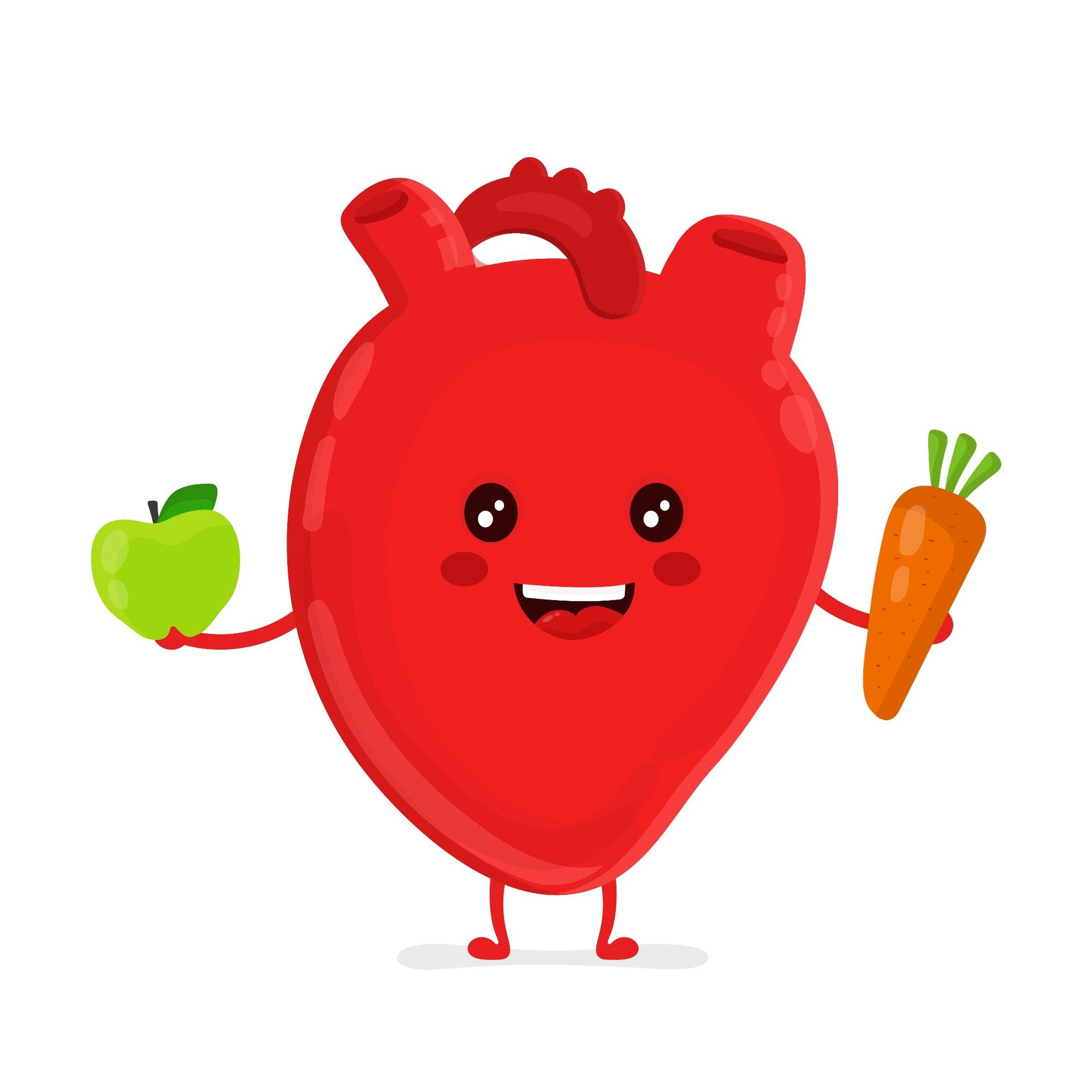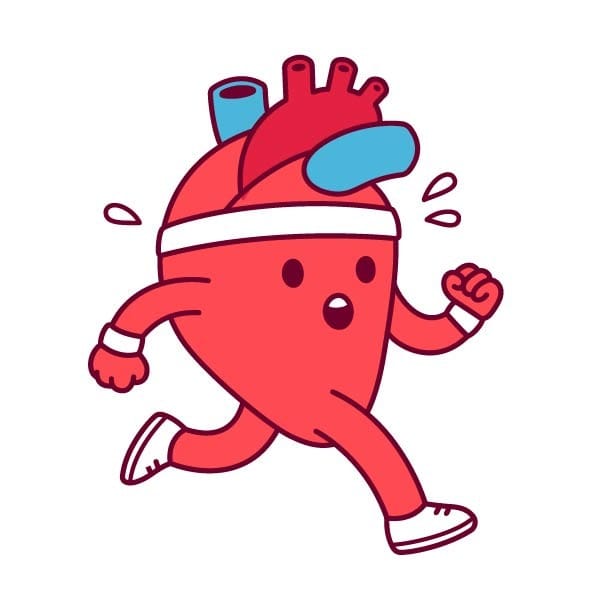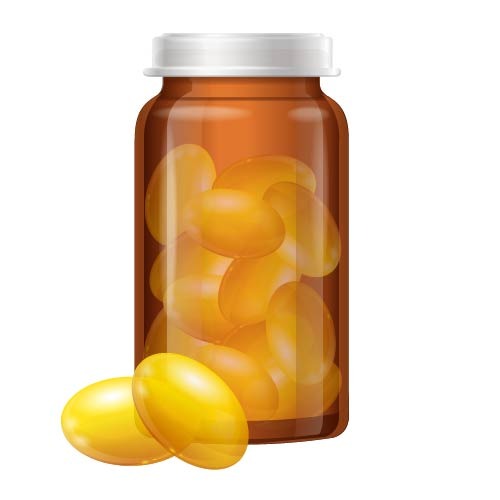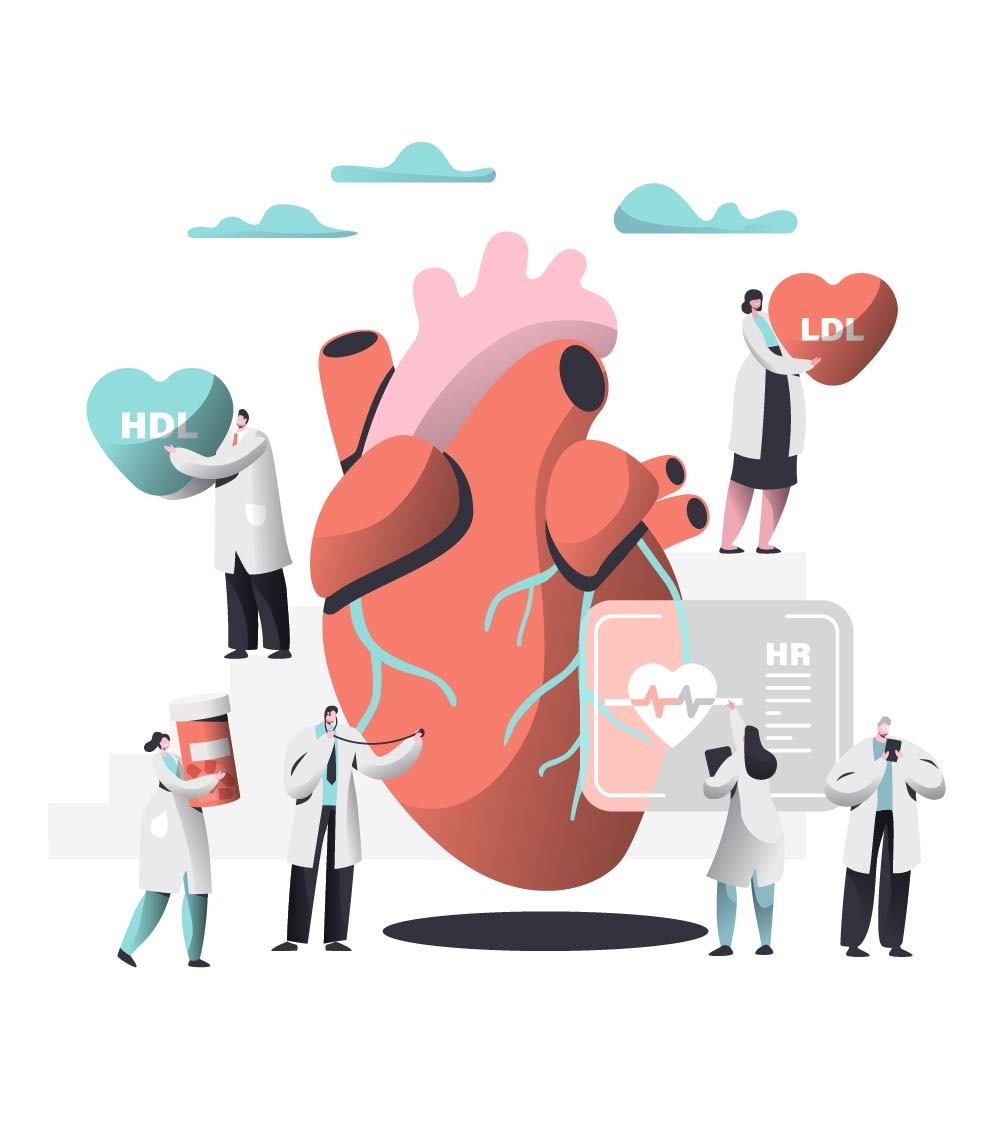We talk about heart health a lot but how many of us actually care? This ‘tidak apa’ (never mind) attitude is probably why heart disease remains the number one killer of both men and women not just in Malaysia but globally.
Put down your phones and tear your eyes away from your laptops because we spoke to Pantai Hospital Kuala Lumpur’s Consultant Cardiologist, Dr. Yee Kok Meng on what he wants us to know about our heart health!

1
It’s a myth that only men can get heart attacks. Heart disease does not discriminate between gender and age! In women, the risk of heart disease and heart attacks are higher after menopause. This is because of the decline in estrogen that may protect women from heart disease. Additionally, in women, heart disease doesn’t present ‘normally’ like chest pain. Rather, the symptoms are sometimes vague such as shortness of breath. Heart disease is not an old age disease. Anyone can have heart problems, especially if they don’t lead a healthy lifestyle.
2
Please go for heart screenings especially if you have risk factors such as a family history or have diabetes and/or hypertension. For at risk individuals, start going for screenings at 30 years old and for people who are healthy and fit, start at 40 years old.
3
Sure we all know that we should eat a balanced diet in order to live healthily. However, what kind of fruits, vegetables, protein, fats and grains should we choose? Here are some great examples!

CHOOSE
- Fresh or frozen fruits and vegetables.
- Whole-wheat flour, whole-grain bread, high fibre cereal, whole grains like brown rice, barley and buckwheat, oatmeal.
- Olive oil, canola oil, vegetable and nut oils, nuts, seeds and avocadoes.
- Low-fat dairy products, eggs, fish (fatty, cold-water fish like salmon), skinless poultry, legumes, soy products, lean ground meat.
- Herbs and spices, salt-free seasoning blends, reduced-salt soy sauce.
AVOID
- Coconut, fried or breaded vegetables, canned fruit in heavy syrup.
- White refined flour, white bread, doughnuts, biscuits, cakes, egg noodles, buttered popcorn.
- Butter, lard, bacon fat, gravy, cream sauce, non-dairy creamers, hydrogenated margarine and shortening, cocoa butter in chocolate, coconut, palm, cottonseed and palm-kernel oils.
- Full-fat milk and other dairy products, organ meats (innards), fatty marbled meat, spareribs, hot dogs and sausages, bacon, fried or breaded meats.
- Table salt, canned soup and frozen dinners, condiments (ketchup, mayonnaise and soy sauce), restaurant food.
4
It is fine and even encouraged to exercise after heart failure. The earlier you start exercising, the earlier you can build up your heart’s function. The heart is a muscle and very much like when you want to build your arm muscles, you need to exercise! However, I would advise to avoid exercises that may cause strain such as weightlifting, push ups or sit ups. Start slow with cardio- based exercise such as brisk walking and swimming.

5
Keep in mind that supplements are supplements and not replacements. Having a healthy diet and exercise is more important. That being said, there are some supplements that could help your heart health such as fish and krill oils which may lower your risk of heart disease and Q10 which has antioxidant and anti-inflammatory properties.

6
You can die from a heart break and it’s called Takotsubo syndrome where because of acute stress, hormones are released into the body and causes the heart to swell up. Then, heart failure may occur but as long as the patient sees a medical professional in time, they may recover with medication.

7
Don’t always believe what you read on social media or those forwarded messages. The internet is a wealth of information but there’s also a lot of misinformation! Buying in to this is information, patients may deny themselves proper treatment and the problem progresses. When they get very sick and finally see a medical professional, sometimes, it might be too late. See a medical professional such as a cardiologist, especially if you have a family history of heart disease.
Reference: Mayo Clinic.











